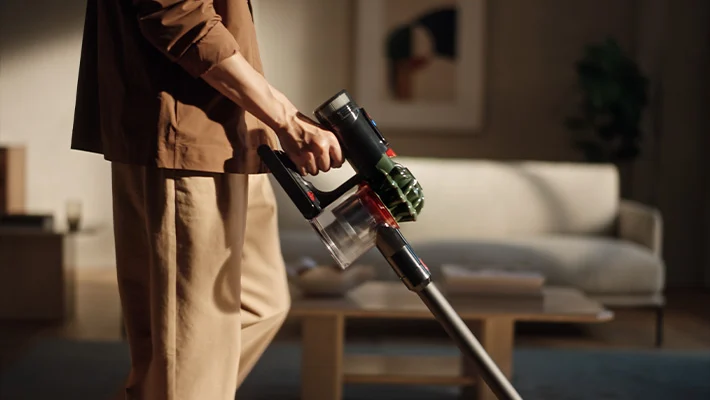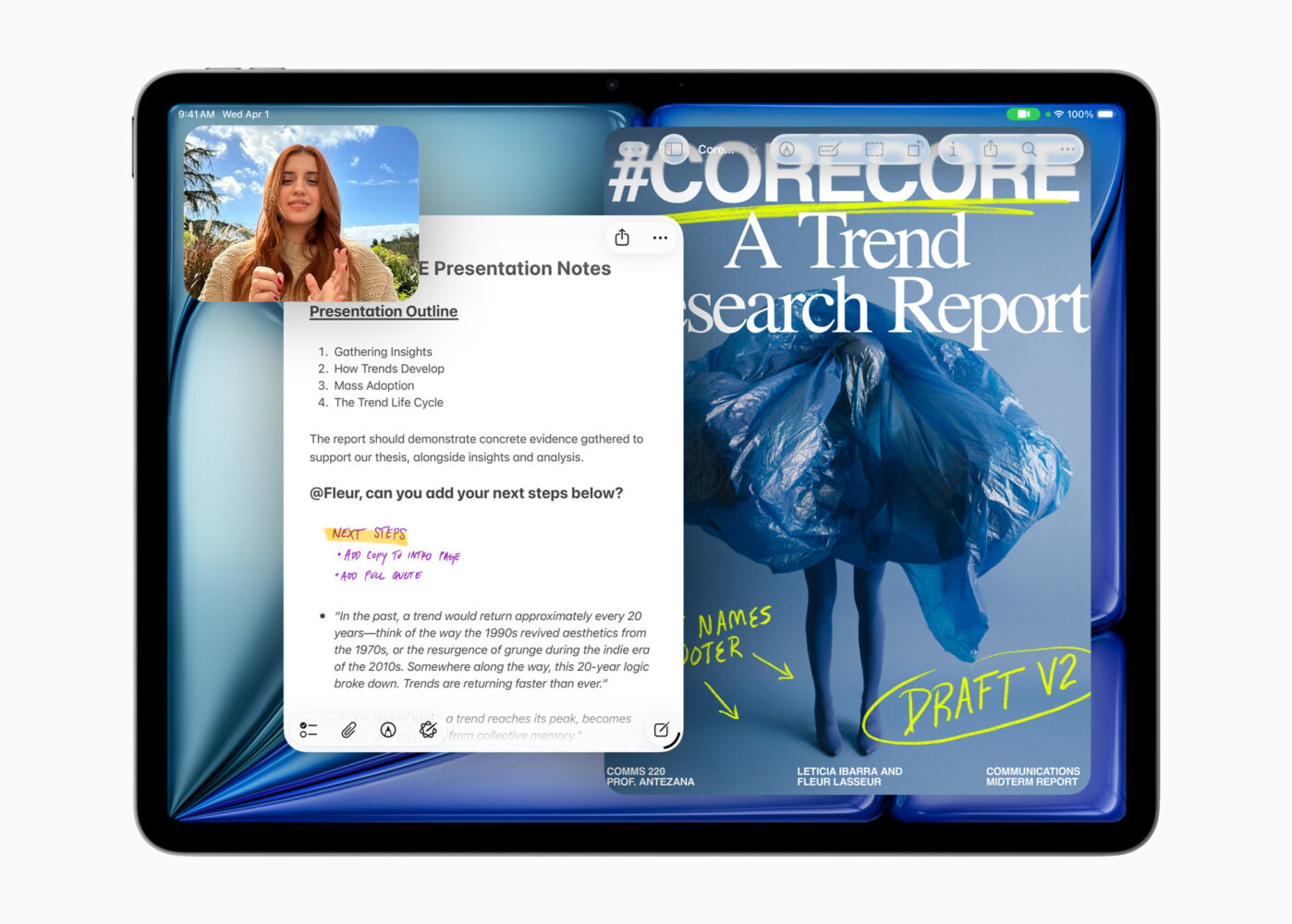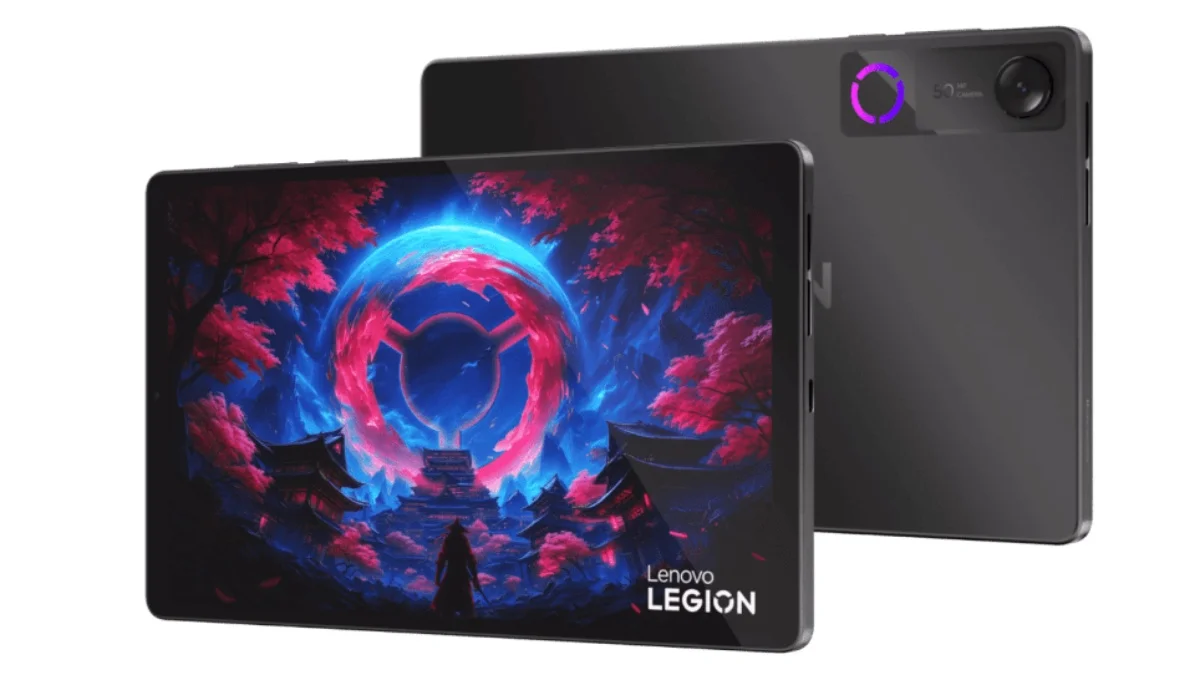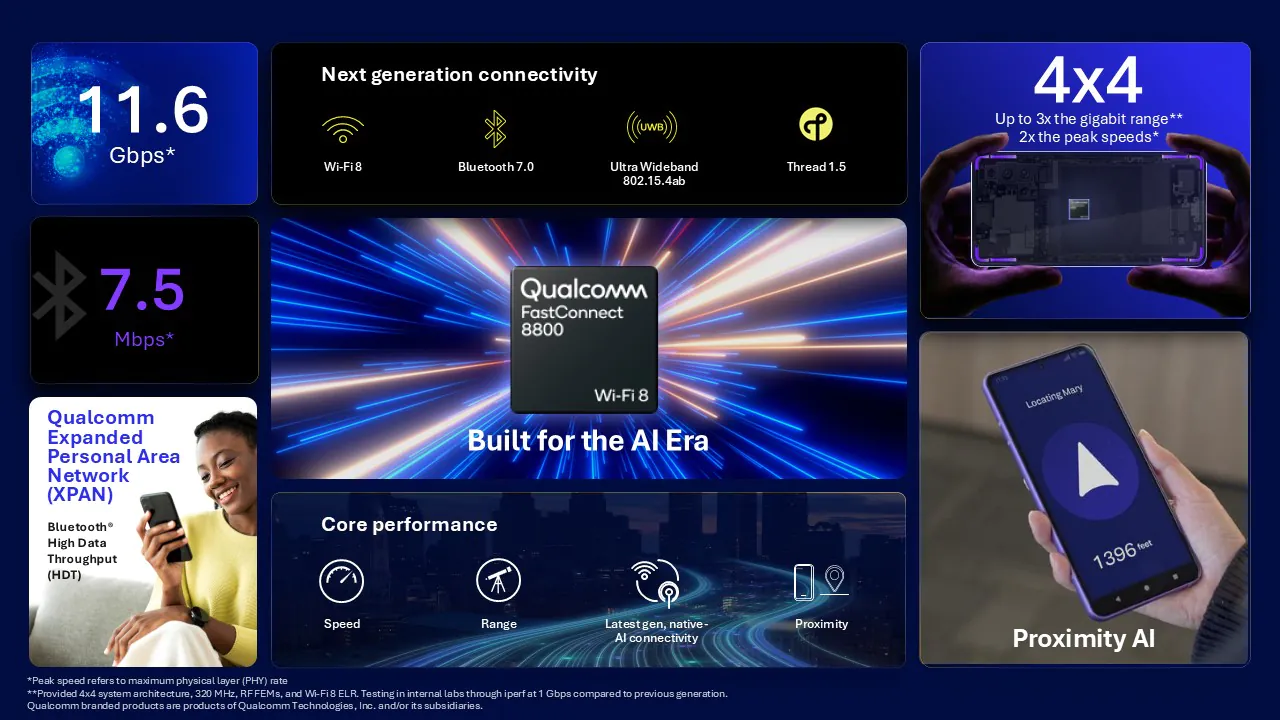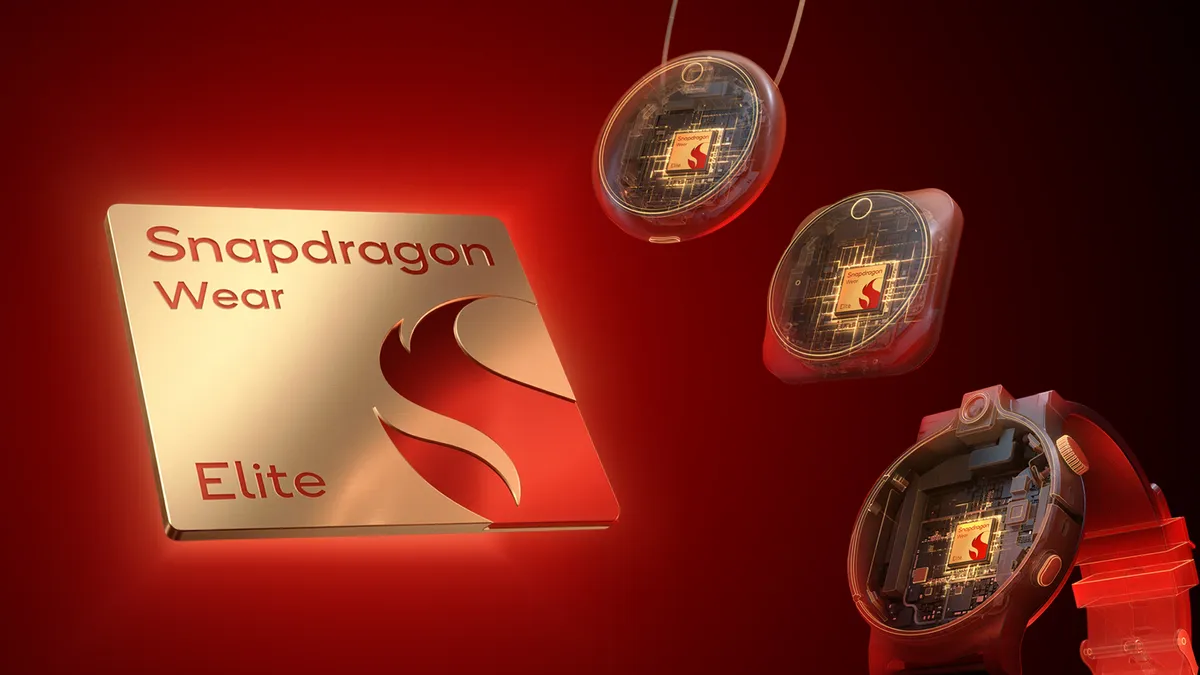Dyson has introduced the V8 Cyclone, a new cordless vacuum cleaner now available in China for 2,999 yuan (about $418). Positioned as the brand’s latest flagship in the V8 line, the model brings several practical updates, including a replaceable battery, stronger suction, and a refined filtration system.
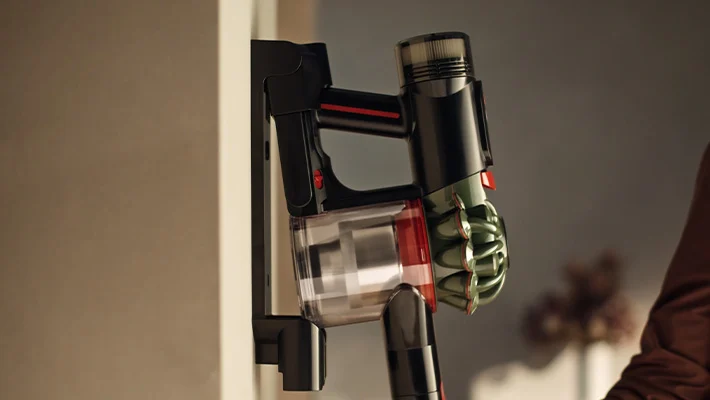
The V8 Cyclone, designated as model DS20, is powered by an upgraded digital motor capable of spinning at up to 110,000 revolutions per minute. Dyson rates its suction power at 150 Air Watts, though this figure is measured without attachments. The company notes that the unit is designed to maintain consistent performance across a variety of cleaning scenarios, from floorboards and carpets to mattresses and upholstery.
One of the more notable changes is the swappable battery system. The vacuum can run for up to 60 minutes on a single charge, with the option to extend cleaning sessions by swapping in a second pack. Fully recharging a battery takes roughly four hours. At 1.65 kilograms and 1160 millimeters in length, the V8 Cyclone is built for maneuverability, featuring a trigger-style power switch intended to reduce fatigue during prolonged use.
Dyson includes several attachments in the box: a soft roller head for hard flooring, a motorized brush designed for mattresses, and a crevice tool for tighter spots such as window tracks. The vacuum offers three cleaning modes tailored to different surfaces and debris types.
Filtration remains a key focus. The sealed dual-layer cyclone system is rated to capture 99.99% of particles down to 0.3 microns, with the aim of reducing secondary dust emissions. Both the roller brush and filter can be washed, while the 0.54-liter dustbin empties with a single-release mechanism.
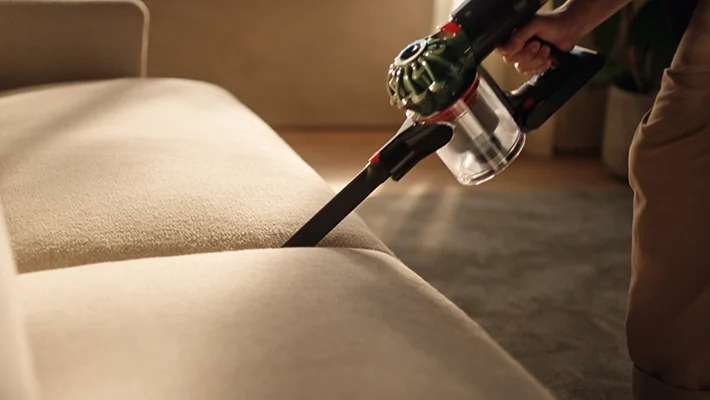
The company highlights durability testing that involved 15,000 impact simulations and more than 400 hours of continuous operation. Buyers receive a two-year warranty that covers both parts and labor.
The V8 Cyclone enters a competitive cordless vacuum market where rivals are pushing higher suction and extended runtimes. Roborock’s recently released H50 Pro, for instance, claims 260AW of suction and an 80-minute runtime, while Xiaomi’s Mijia Vacuum 3 Base Station Edition leans on automation features such as an auto-clean base and integration with its HyperOS platform. Dyson’s approach with the V8 Cyclone seems less about chasing maximum figures and more about balancing power, ergonomics, and filtration efficiency.


